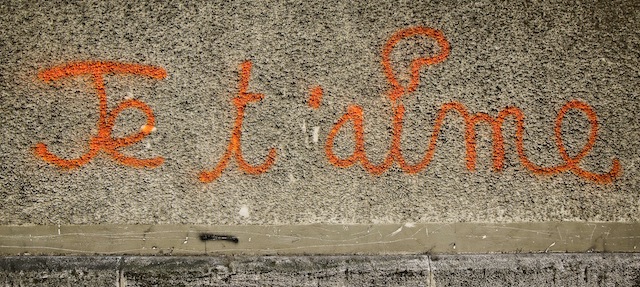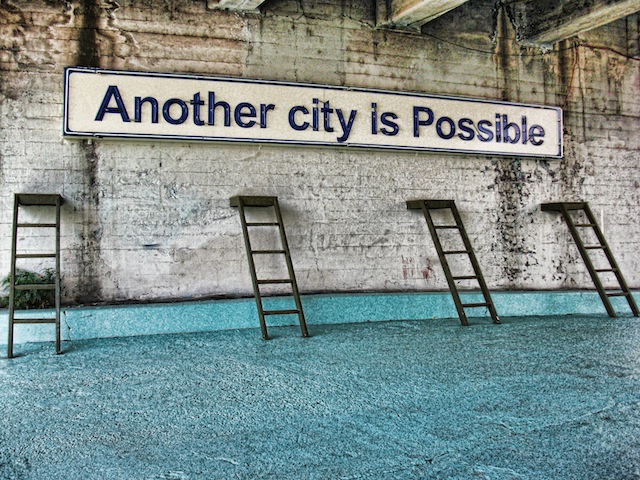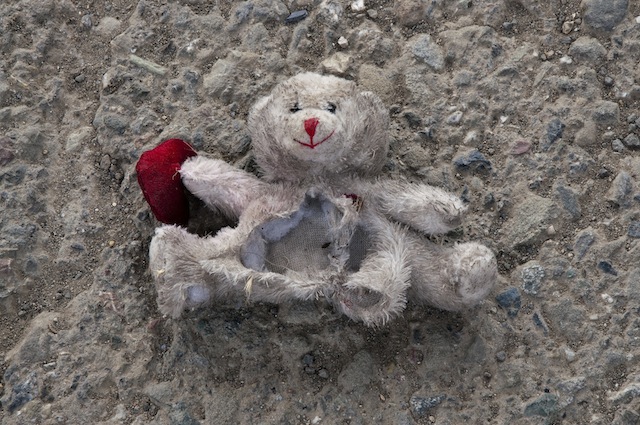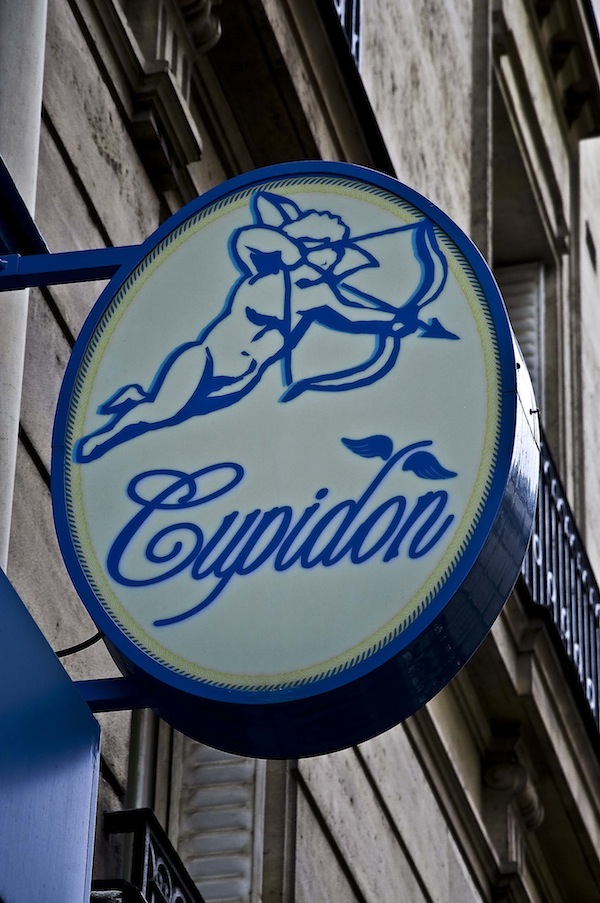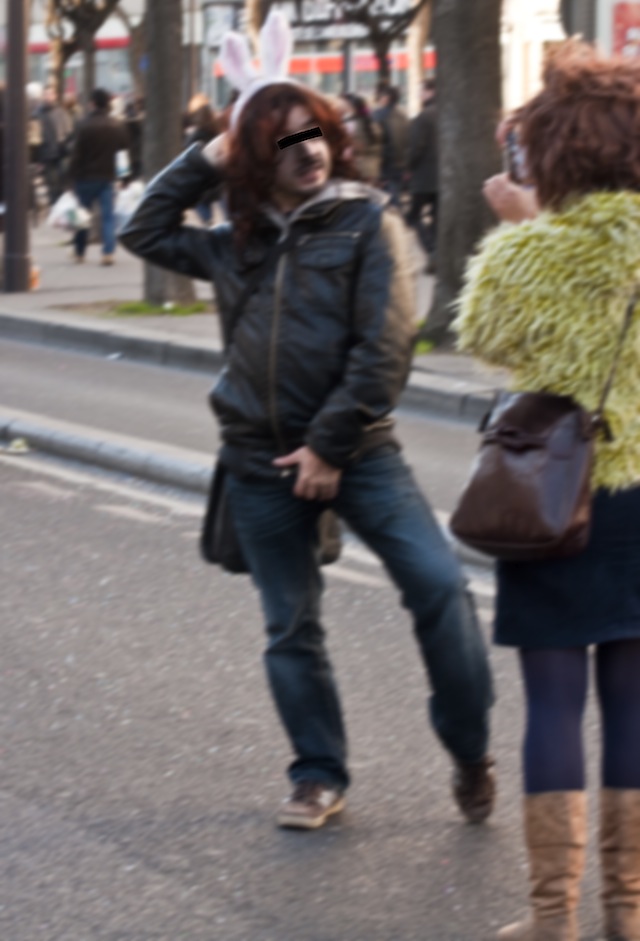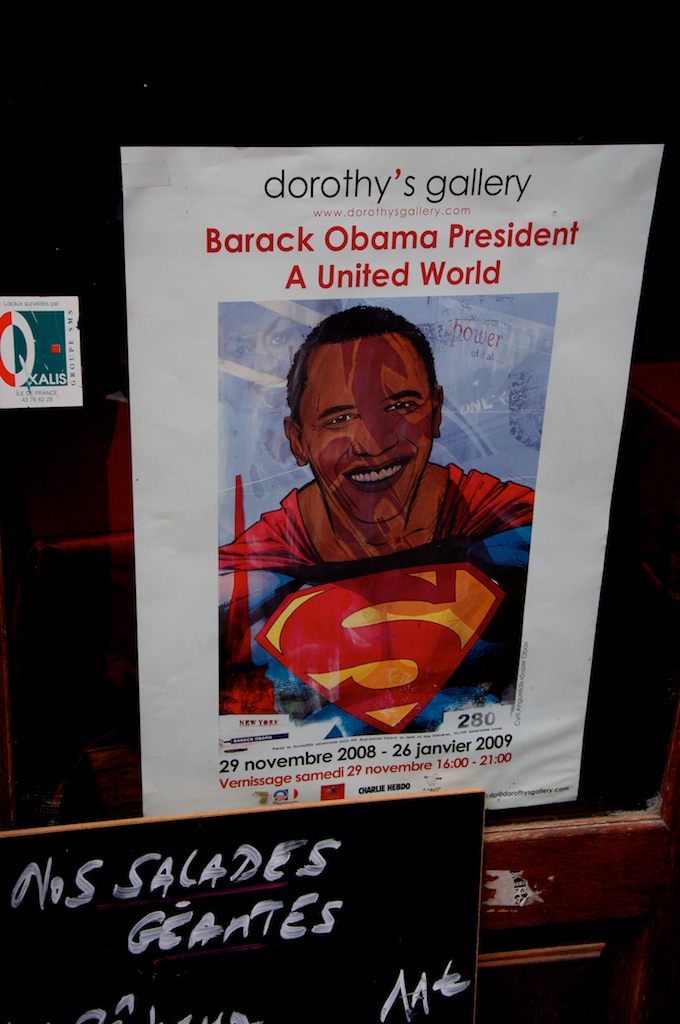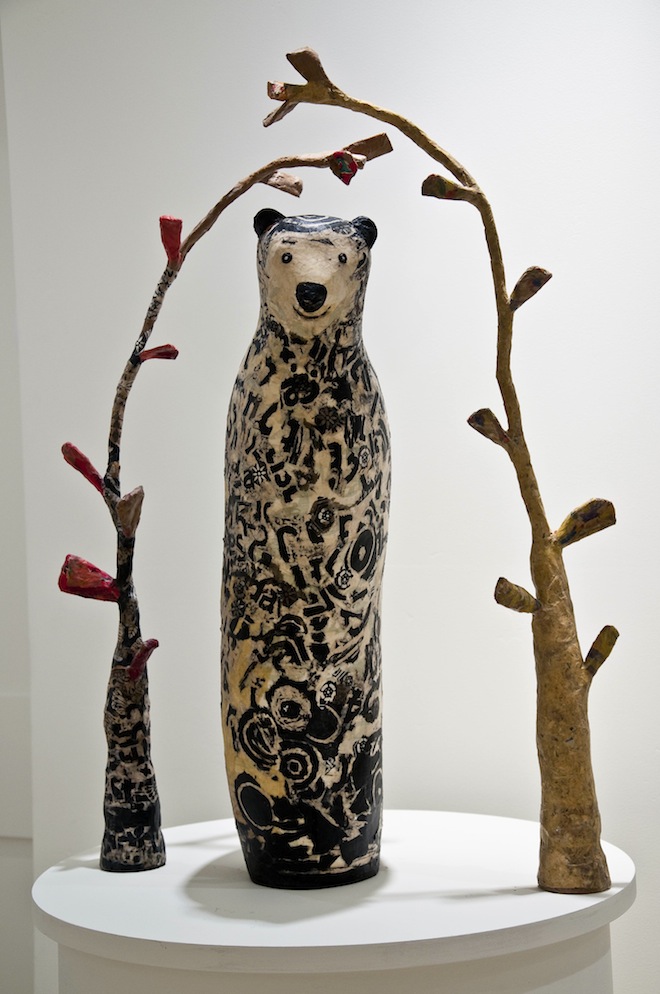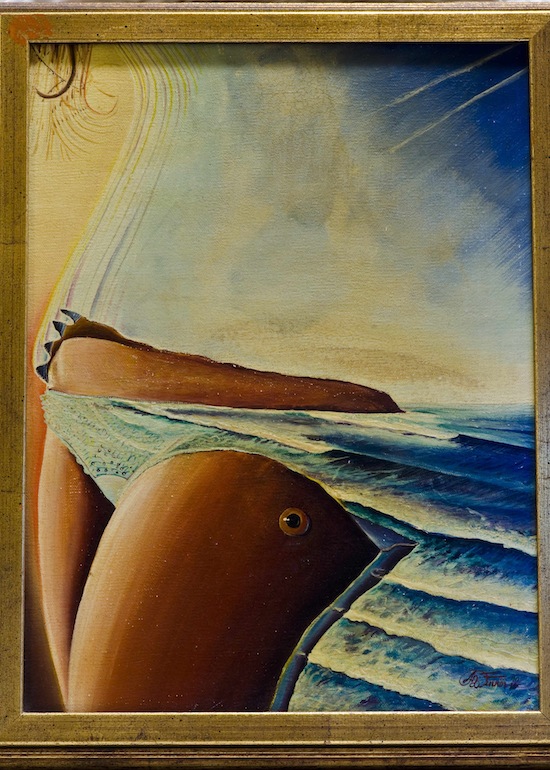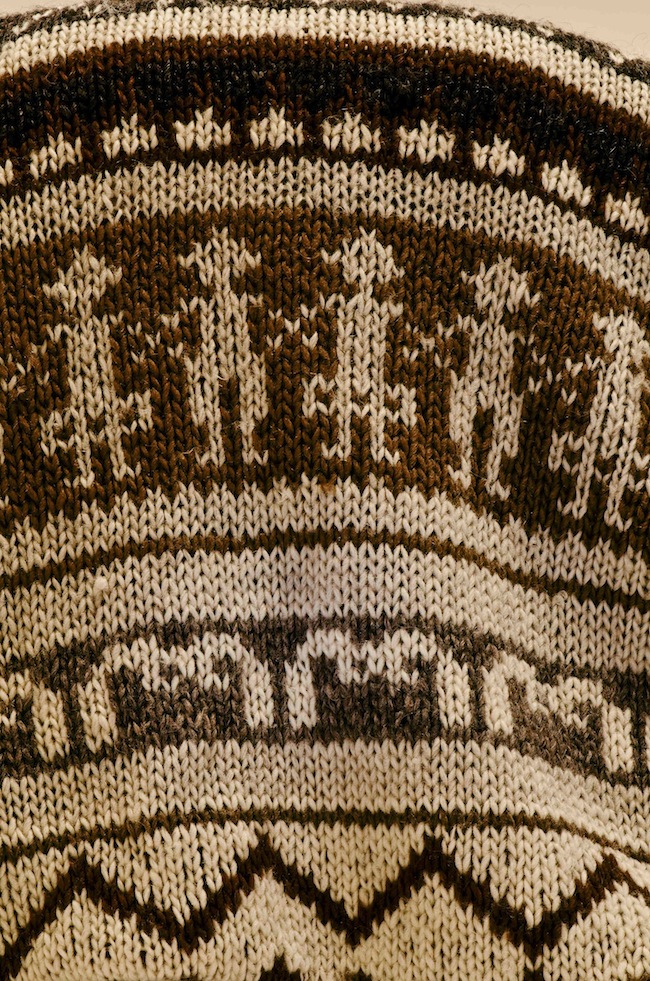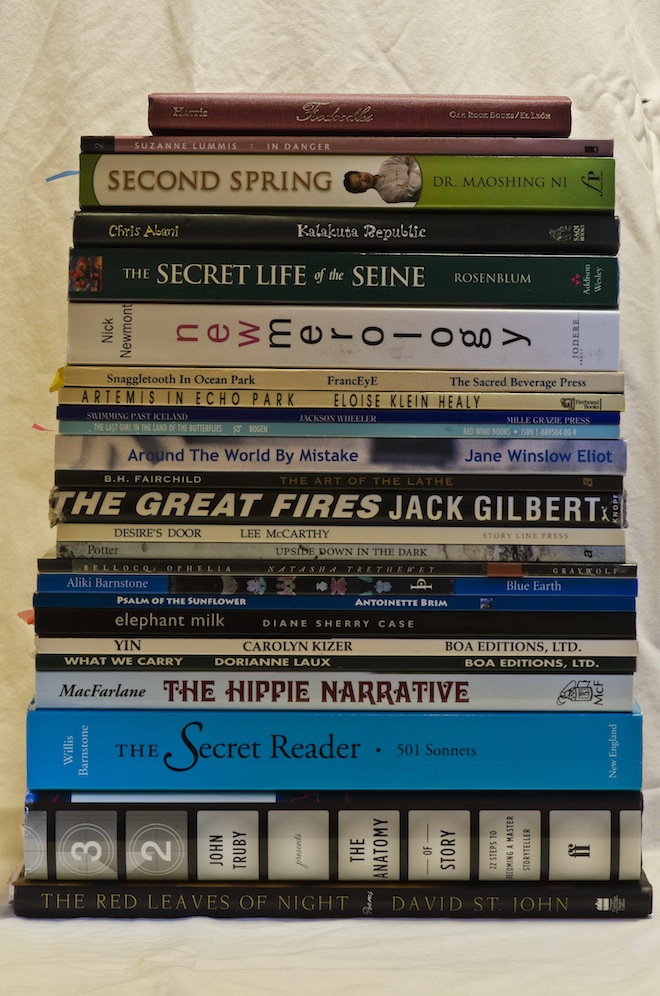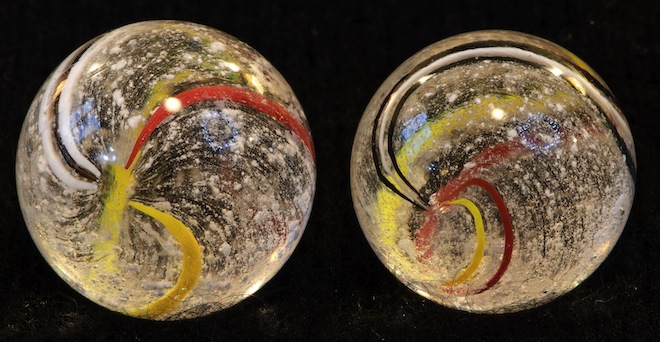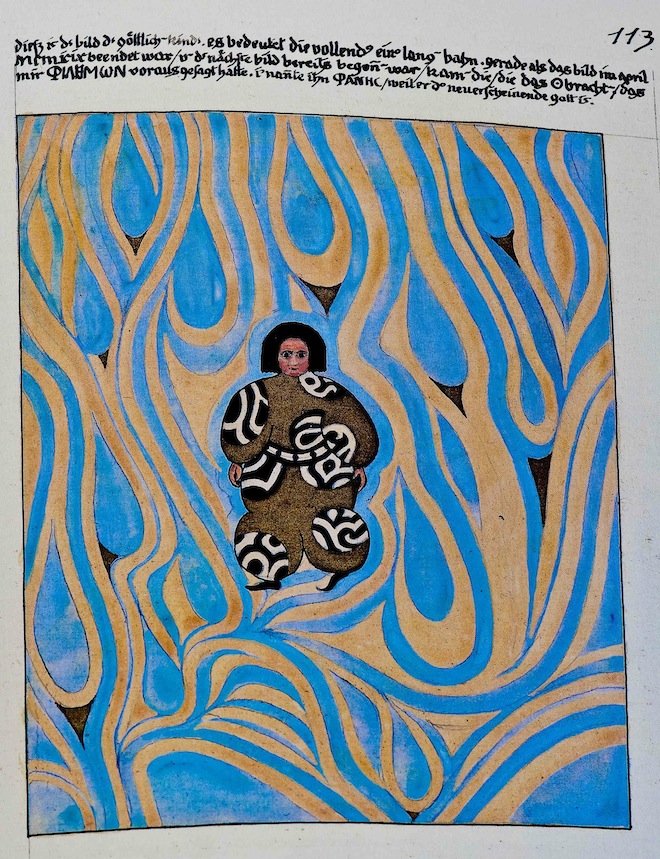Hawk
 06.18.2011
06.18.2011

We haven’t seen a hawk yet in Paris, but we’ve seen pictures.
Just before you die, everything in your character seems to become reduced down to its essence.
In cooking, a reduction means cooking a liquid until some of the water evaporates and the remaining liquid is thicker and has a more intense flavor.
As a boy, he was home-schooled by his mother; they covered eight grades in six years. When he entered a private high school at the age of 12, he was smaller than the other freshmen. He made an astute decision: he would have no enemies in his life. Instead he would make friends.
He changed physically, grew tall and handsome, but that decision formed the core of him. Everyone would be his friend, no one above him, no one below.
His Amherst College roommate had a blind date one night with a girl from Mt. Holyoke, a blonde beauty, with brains, spirit and character.
When the roommate returned, he asked him if he’d mind if he asked her out on a date.
That was fine, the roommate said. He’d only just met her. She didn’t belong to him.

Hawks are the swiftest of birds.
He and the blonde beauty were engaged before long, and the roommate saw that he’d been too slow to recognize what his friend had instantly seen.
They married in Massachusetts in 1943.
Few Americans doubted then that fighting the Axis was a just cause. He joined the Navy and was soon commanding a sub chaser in the Pacific.
English, Irish, Welsh and French by ancestry, he was born and bred in New England.
After the war was over, he and his bride settled in Massachusetts.
They wanted a family, and one, two, three years later, they had three babies.
They were focused in life, and focused in work. He found a job in a pre-fabricated housing company, doing what he loved to do from the time he was five years old: building something.
No one is lucky all the time, even a man who is strong, focused and kind.
The company went bankrupt.
But he’d married a fearless woman.

Let’s go west, she said.
They drove across the continent in a Ford sedan, looking for job opportunities in Colorado, New Mexico, Arizona and California.
They sat on the beach in Santa Monica, looked at each other and said, All the doors were open in Arizona.
They moved their young family to a small house in Phoenix, bought with a GI loan.
He worked for other contractors.
She sewed curtains for their house, clothes for her children and tiny clothes for the two girls’ dolls.
Then, with the right partner, he started his own construction company.
She helped him as the company secretary.
Do it right the first time, was their motto.
Get to the goal swiftly, like a hawk.
Vision and passion, strength and focus—these are qualities one needs to find the right livelihood, choose the right mate.
But what if at the core your intention was to be a friend to everyone?
Wouldn’t you then approach the business of constructing buildings and houses in an open and generous manner?
Wouldn’t you offer jobs to those whom others tried to exclude?
This he did, being among the first to hire Native Americans, blacks and Latinos in Phoenix.
Wouldn’t you offer employees the chance to buy shares in your company long before it was common practice, simply because, if your profits were increasing because of their good work, their profits should increase, too?
And if you were married to a woman who was not just smart, but had X-ray insight (the first time she saw Richard Nixon’s face on TV, she said, “He’s a crook”)—wouldn’t you listen to her, really listen, when she argued against the Vietnam War?
Wouldn’t you, a Republican businessman in a Republican state, have to re-think your convictions?
Wouldn’t you even have to admit that the Democratic Party was a better friend to everyone than the Republican, and change parties, even though almost every business associate and friend you had was Republican?
And when you and your wife, who now had five children, traveled through China in the ‘70s, and you saw how humane the Chinese practice of providing on-site childcare at work was, on returning home, wouldn’t you offer it to your employees?
And wouldn’t you laugh good-naturedly when you showed people slides of your China trips, and they called you and your wife “Commie pinkos?”
Was there anything that could obstruct or discourage your friendly approach to the world?
I never saw it.
Not when your powers failed you one by one.
Not when you could no longer work.
Not when you had to give up driving, mobility in the world.
Not when your memory started to go.
Not when it was mostly gone.
That sweet core of goodness, the kind treatment of others—that was there till you took your last breath.

You looked so much like a hawk, the slight curve of your nose, like the beak of the peregrine falcon on your family’s ancient coat of arms.
The morning after eleven of us gathered around your bed to say goodbye, all of us loving you deeply, a large hawk appeared outside your home, perched on a palo verde, looking fiercely in at the place where you and she used to sit and eat breakfast.
He looked in at your blonde beauty and your two youngest daughters.
He swiveled his handsome head to look at your two oldest daughters in the guest room.
He looked south towards the place where your son lived.
And then he flew away.
Mother had never seen a hawk so close to your home before.
She guessed that it was a Swainson’s.
I called Richard in Playa del Rey. As I told him about your beautiful death, a hawk circled the courtyard of our home. This was the first time he’d seen a hawk anywhere close to our house.
Later, you circled overhead when we walked by the sea.
Here in Paris we haven’t seen you soaring yet. But we are looking.
 China,
China,  Phoenix,
Phoenix,  Sam Kitchell,
Sam Kitchell,  construction,
construction,  family,
family,  hawks,
hawks,  personal history in
personal history in  Paris Life
Paris Life 


